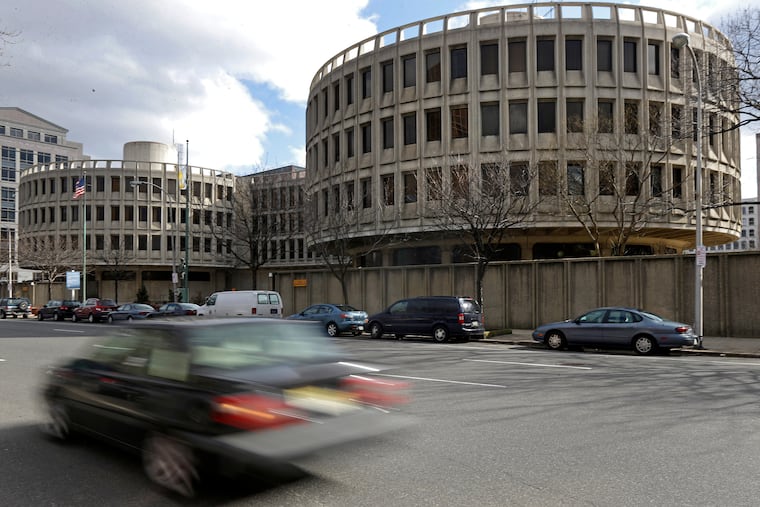New York City approves pay increase and improved protections for Uber and Lyft drivers.
In a significant development for rideshare drivers, the New York City Taxi and Limousine Commission (TLC) approved an updated minimum-pay rule designed to enhance driver compensation and protection against unjustified lockouts. The decision, reached unanimously on Wednesday, arrives amidst ongoing concerns regarding the treatment of workers in the gig economy.
The newly established rule, which modestly raises driver pay by 1%, complements a previously enacted 4% cost-of-living increase instituted in March. Consequently, drivers will now see their earnings increase by a total of 5% compared to the previous year. This adjustment reflects ongoing efforts by the TLC to improve economic conditions for rideshare operators amidst rising inflation and operational costs.
Central to the TLC’s new regulation is a provision aimed at combating the practice of “lockouts,” where platforms like Uber and Lyft temporarily remove drivers from service, hindering their ability to earn income. The TLC asserts that this practice has been employed to control the “utilization rate,” a key metric used by companies to gauge driver engagement while logged into their apps. This approach has drawn criticism, with labor advocates arguing that such tactics unfairly limit driver earnings.
David Do, the Chairperson of the TLC, highlighted the agency’s commitment to protecting driver pay and rights. He emphasized that the TLC is at the forefront of establishing pay protections that exceed those of any other city in the nation. The newly approved rule mandates that rideshare companies must provide a 72-hour advance notice for any planned lockouts. Moreover, it prohibits lockouts occurring within 16 hours of a driver signing onto the app, with substantial penalties of 0 imposed for any violations.
Alongside these protective measures, the revised rules also allow the TLC to adjust the target utilization rate dynamically, responding to real-time trip data rather than adhering to rigid annual schedules. This flexibility is intended to prevent rideshare firms from manipulating data to artificially suppress driver pay.
The response to the TLC’s decision has varied among rideshare companies. Uber acknowledged the reforms as a positive step towards more responsive governance while expressing concerns that the existing pay formula could still limit earning potential for drivers. Similarly, Lyft commended the TLC for listening to stakeholder feedback but reiterated worries about the formula’s potential negative impacts on riders and driver availability.
As the rideshare industry continues to grapple with regulatory scrutiny and evolving labor dynamics, the TLC’s new rule represents a pivotal moment in the ongoing dialogue about fair compensation and worker protections in the gig economy.
Media News Source







